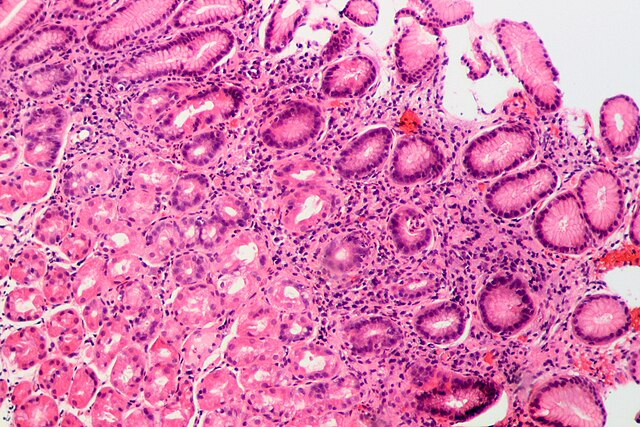An estimated 15.6 million people born between 2008 and 2017 are projected to develop stomach cancer during their lifetimes, with 11.9 million of those cases-more than three-quarters-linked to infection with the common bacterium Helicobacter pylori (H. pylori), according to a major new global study published in Nature Medicine. Researchers from the International Agency for Research on Cancer (IARC), a specialized agency of the World Health Organization, say the findings underscore the urgent need for global investment in screening and eradication programs targeting the preventable pathogen.
The study analyzed stomach cancer incidence data from 185 countries, using modeling based on the GLOBOCAN 2022 database and United Nations mortality projections. Researchers simulated disease patterns under current treatment conditions and estimated the potential reduction in cases if screening and treatment programs for H. pylori were broadly implemented. The results showed that a fully effective screen-and-treat strategy could prevent up to 75% of stomach cancer cases globally. Even programs with 80% to 90% efficacy could prevent between 60% and 68% of cases.
Asia is expected to carry the heaviest burden, with 10.6 million projected cases-or 68% of the global total-followed by the Americas (2 million), Africa (1.7 million), and Europe (1.2 million). "It is essential that health authorities make gastric cancer prevention a priority and accelerate efforts to control it by planning pilot and feasibility projects, including H. pylori screen-and-treat programmes," said Dr. Jin Young Park, leader of the gastric cancer prevention team at IARC and a co-author of the study.
H. pylori is a bacterium that infects the stomach lining and is typically transmitted through person-to-person contact or contaminated food and water. While often asymptomatic, it can lead to chronic gastritis, ulcers, and is the leading risk factor for gastric cancer. Detection is possible through breath, blood, or stool tests, and treatment involves a regimen of antibiotics and proton pump inhibitors (PPIs).
The study arrives amid growing concern about the rise in stomach cancer among people under 50. While H. pylori remains less prevalent in some high-income countries like the UK-where rates of stomach cancer have dropped 26% in the past decade-its global impact remains significant. "H. pylori infection increases the risk of stomach cancer, but it's not a common infection in the UK," said Dr. Rachel Orritt, health information manager at Cancer Research UK. "Although this is an important issue worldwide, in the UK other preventable factors cause more cancer cases."
Despite its global reach, prevention efforts remain underfunded. A proposed H. pylori vaccine is still in development, and many low- and middle-income countries lack reliable cancer registries, leading to potential underreporting of stomach cancer prevalence. Still, researchers argue that screen-and-treat programs-similar in scope and cost-effectiveness to HPV or hepatitis B vaccination campaigns-could be deployed across diverse income settings.
Nick Bassill, director of the New York State Weather Risk Communication Center, who was not involved in the study, noted the importance of combining screening with education: "You need layered ways to receive warnings ... Things like a NOAA weather radio, your cell phone alerts, things maybe in place locally like sirens. All those things work together to communicate information." Though commenting on flood alerts, his logic resonates with how layered strategies are needed in public health responses too.
Symptoms of stomach cancer often include heartburn, indigestion, early satiety, nausea, and unintentional weight loss. While these are frequently caused by benign conditions, awareness and early detection remain key to reducing mortality.






